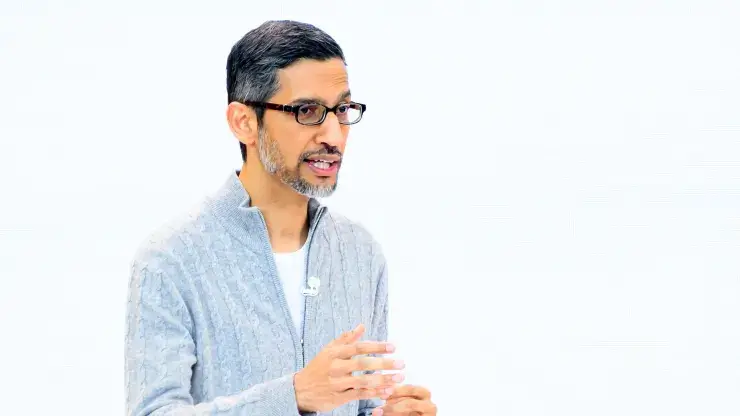Google is embarking on a significant reorganization of its Assistant unit to enhance its smart assistant’s capabilities using generative artificial intelligence (AI). Peeyush Ranjan, the vice president of engineering at Assistant, stated in an email to employees that the company aims to integrate large language model (LLM) technology into Assistant, which is similar to Apple’s Siri and Amazon’s Alexa. This technology, exemplified by OpenAI’s ChatGPT, responds to text-based queries with intelligent and creative answers, and it can even convert text to images. By harnessing the potential of generative AI, Google envisions a “supercharged” Assistant that can deliver high-quality user experiences and transform people’s lives.
To achieve this vision, Google has initiated a reshuffle within the Assistant team, which may lead to a small number of layoffs. The company plans to focus on critical product experiences while exploring the possibilities offered by LLM technology. Some members of the Assistant team have already begun working on integrating LLMs into the Assistant’s functionalities. Those affected by layoffs will have a 60-day window to find other positions within Google.
Additionally, Google has announced several changes to its “Speech” team, which oversees voice commands. Francoise Beaufays, the former head of Speech, will now work under Sissie Hsiao, who oversees Bard and Assistant. The company’s goal is to enhance the AI-driven Speech capabilities across its products, with an emphasis on Bard. Google believes that LLM technology has the potential to significantly enhance the Assistant’s performance, making it even more appealing to the hundreds of millions of users who rely on it every month.
As generative AI technology continues to rapidly evolve, Google is keen on incorporating it into as many products as possible. Assistant is currently integrated into various devices, including smartphones, smart speakers, smart displays, TVs, and vehicles through the Android Auto platform. With the emergence of ChatGPT from OpenAI and its adoption by Amazon for Alexa products, Google understands the increasing importance of generative AI and its impact on user experiences.
Google has been refining Bard, and recent updates have expanded its language support to over 40 languages in multiple countries. Moreover, new features, such as audio responses, have been introduced with the deployment of the latest LLM, Palm 2. This demonstrates Google’s commitment to continuously improving and expanding its AI capabilities to meet users’ demands and expectations.
In conclusion, Google’s latest reorganization of the Assistant unit highlights the company’s dedication to leveraging generative AI advancements to create a more powerful and efficient voice-powered software. By integrating LLM technology, Google aims to deliver transformative experiences to its vast user base while facing competition from other AI-driven assistants in the market. The pursuit of excellence in AI-driven Speech and Assistant functionalities underscores Google’s position as a leading innovator in the field of artificial intelligence and voice technology.





